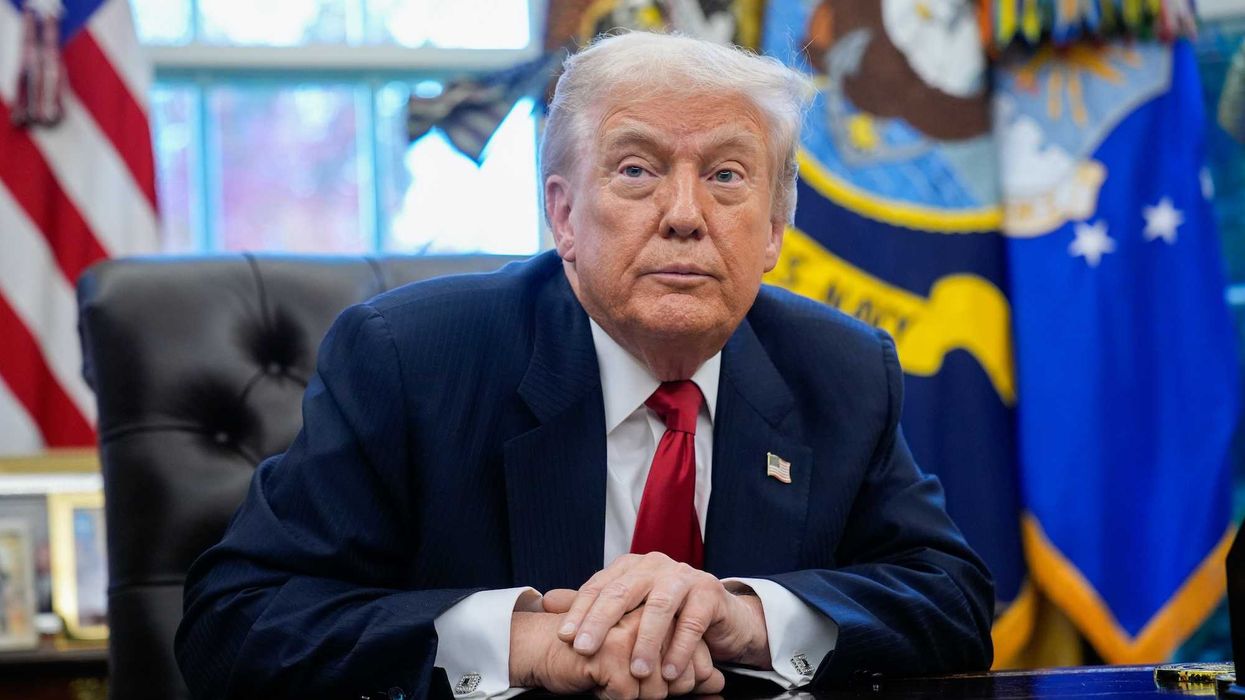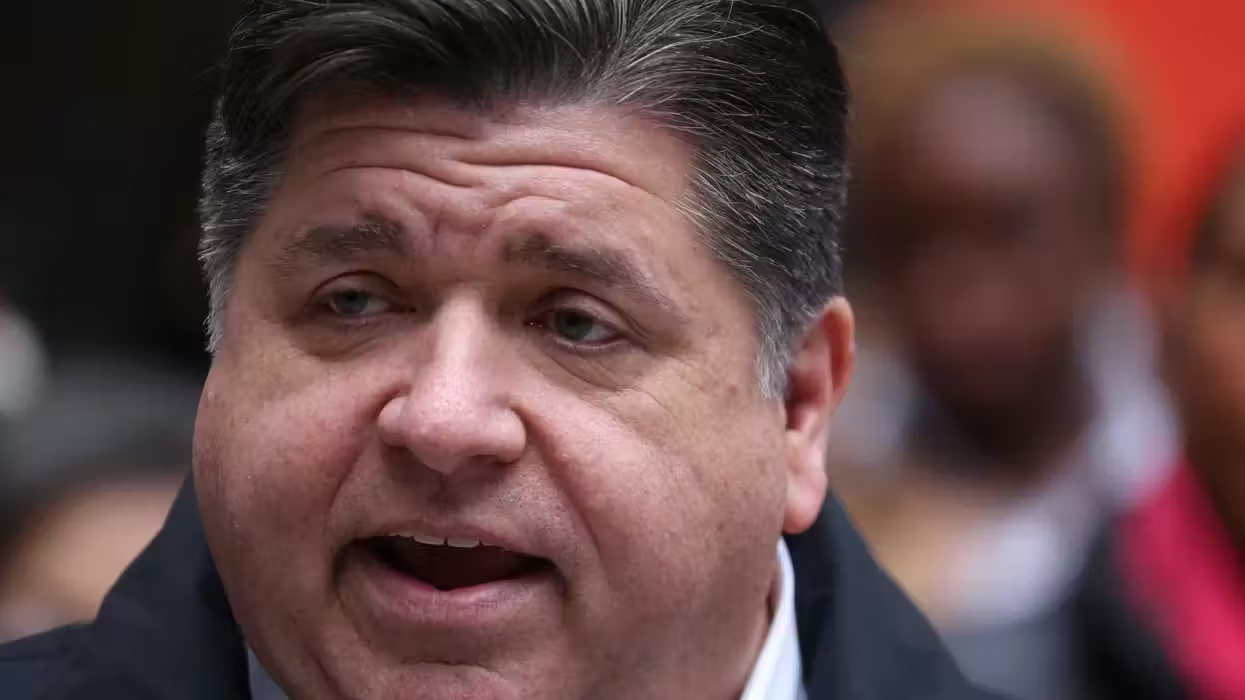The White House admitted Wednesday that Obamacare was a significant factor in the 2.9 percent economic contraction in the first three months of 2014.
But the White House also predicted that the reduced spending on healthcare that contributed to that terrible GDP number will eventually help the economy, by making it easier for companies to hire people.
 An economic advisor to President Barack Obama says Obamacare created lower healthcare prices that reduced spending and GDP, but said things will get better. (AP Photo/Evan Vucci)
An economic advisor to President Barack Obama says Obamacare created lower healthcare prices that reduced spending and GDP, but said things will get better. (AP Photo/Evan Vucci)
Jason Furman, chairman of the Council of Economic Advisers, wrote a blog post Wednesday that tried to explain the poorest quarterly GDP number the U.S. has seen since 2009.
Furman noted that reduced spending on healthcare took away 0.2 percentage points from GDP in the first quarter, instead of adding 1.0 points to GDP in an earlier estimate. While that swing was a big reason why the final GDP estimate for the quarter fell so sharply, Furman cheered it as proof that Obamacare is lowering healthcare spending.
"Today's report thus shows that the historically slow growth in health care prices and spending seen in recent years, which is thanks in part to the Affordable Care Act, continued through 2013 and into early 2014," Furman wrote.
Negative growth in healthcare spending helped push the GDP number down, but Furman argued that the lower healthcare costs caused by Obamacare would eventually make it easier for companies to hire people. He said this would at some point help boost economic growth.
"Slow growth in health care costs is making it easier for businesses to hire workers or pay a good wage and improving the nation's fiscal outlook," he wrote.
Furman also argued that lower prices would let more people spend money in the sector, which would "likely" mean an aggregate increase in healthcare spending in the future — something that would help bring up the GDP number. At the same time, he predicted that the entry of these new people to the market would not lead to higher prices for individuals.
"Importantly, this type of uptick in total spending would not mean that people who had coverage before the Affordable Care Act are facing higher costs," he said.
The Commerce Department's Bureau of Economic Analysis didn't highlight healthcare spending as a factor in the -2.9 percent decline in economic growth.
"This downturn in the percent change in real GDP primarily reflected a downturn in exports, a larger decrease in private inventory investment, a deceleration in PCE [personal consumption expenditures], and downturns in nonresidential fixed investment in state and local government spending that were partly offset by an upturn in federal government spending," Commerce wrote.
In May, when Commerce estimated that healthcare spending actually rose, Furman had only a brief analysis, and said the increase reflected "sharp increases in health care and utilities consumption."

 An economic advisor to President Barack Obama says Obamacare created lower healthcare prices that reduced spending and GDP, but said things will get better. (AP Photo/Evan Vucci)
An economic advisor to President Barack Obama says Obamacare created lower healthcare prices that reduced spending and GDP, but said things will get better. (AP Photo/Evan Vucci)






